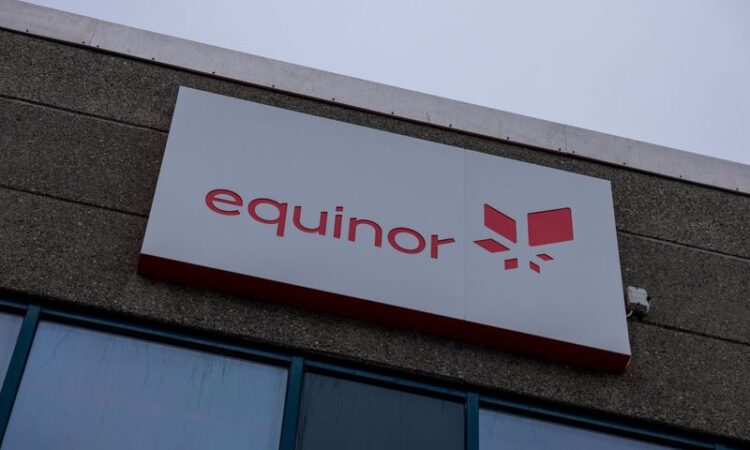
By Marwa Rashad
AMSTERDAM (Reuters) – European governments will need to offer energy companies subsidies and regulatory support to produce renewable hydrogen to make the transition to clean fuels from fossil fuels, senior energy executives said on Wednesday.
Executives from firms including Norway’s Equinor and Germany’s Uniper said at the Europe Flame Gas and LNG Conference in Amsterdam that without government support it will be hard for companies to fully take on the mission to produce hydrogen, which is four-to-ten times more expensive than natural gas.
WHY IT’S IMPORTANT
The European Union aims to produce 10 million metric tons and import 10 million tons of renewable hydrogen by 2030 as the bloc moves to cut carbon emissions.
A wholesale move to hydrogen will need significant new demand, which could only come with investments in infrastructure to reduce the cost.
KEY QUOTES
– Helge Haugane, senior vice president, gas and power at Equinor:
“Blue hydrogen is going to be more expensive than gas … and it’s going to be more expensive if you go to green hydrogen.”
“That is why we as companies argue that we need targeted subsidies and support to be able to lift this.”
– Carsten Poppinga, chief commercial officer at Uniper:
“Delivering on the energy transition cannot be paid by the market. Hydrogen is the source of energy which is four-to-10 times more expensive than natural gas, the market is not gonna deliver on that on its own.”
“If you really want to do that, transforming the markets in terms of sourcing of energy, it will require quite some governmental intervention in the form of subsidies and regulation.”
-Kathryn Porter, independent energy consultant:
“It’s going to be almost impossible to deliver the energy transition using normal market frameworks…this isn’t a transition that you can make gradually it’s going to have to be all or nothing.”
(Reporting by Marwa Rashad; Editing by Sharon Singleton)






